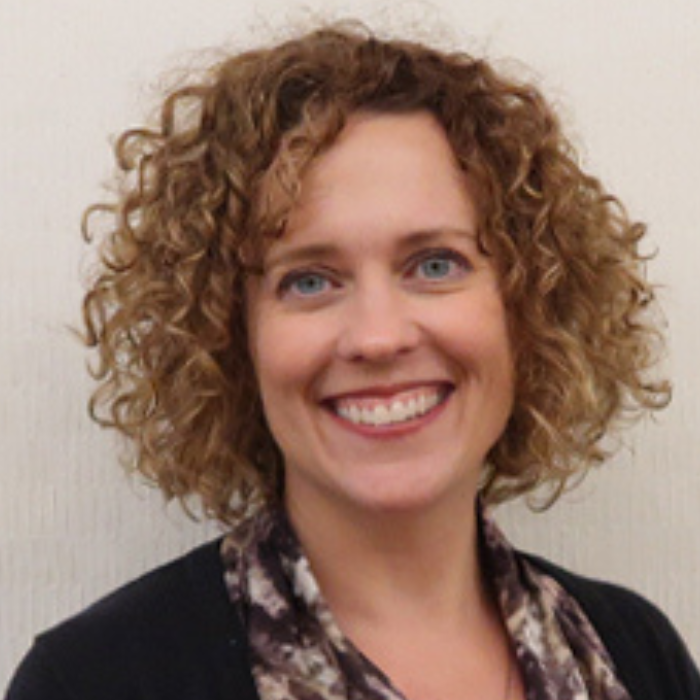Students, Preceptors, and Faculty: The important trifecta and the future of advanced practice providers
Students, Preceptors, and Faculty: The important trifecta and the future of advanced practice providers By: Terri Schmitt PhD, APRN, FNP-BC, FAANP...
 Terri Schmitt PhD, APRN, FNP-BC, FAANP, Executive Director, NPACE
Terri Schmitt PhD, APRN, FNP-BC, FAANP, Executive Director, NPACE
.png)